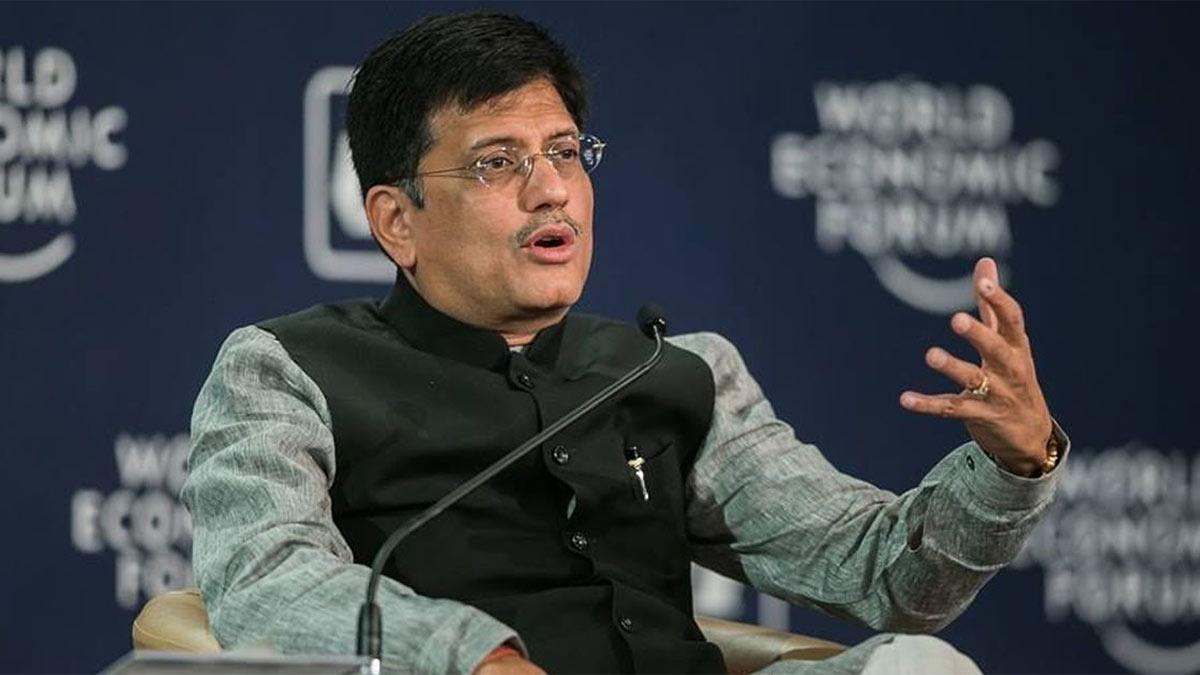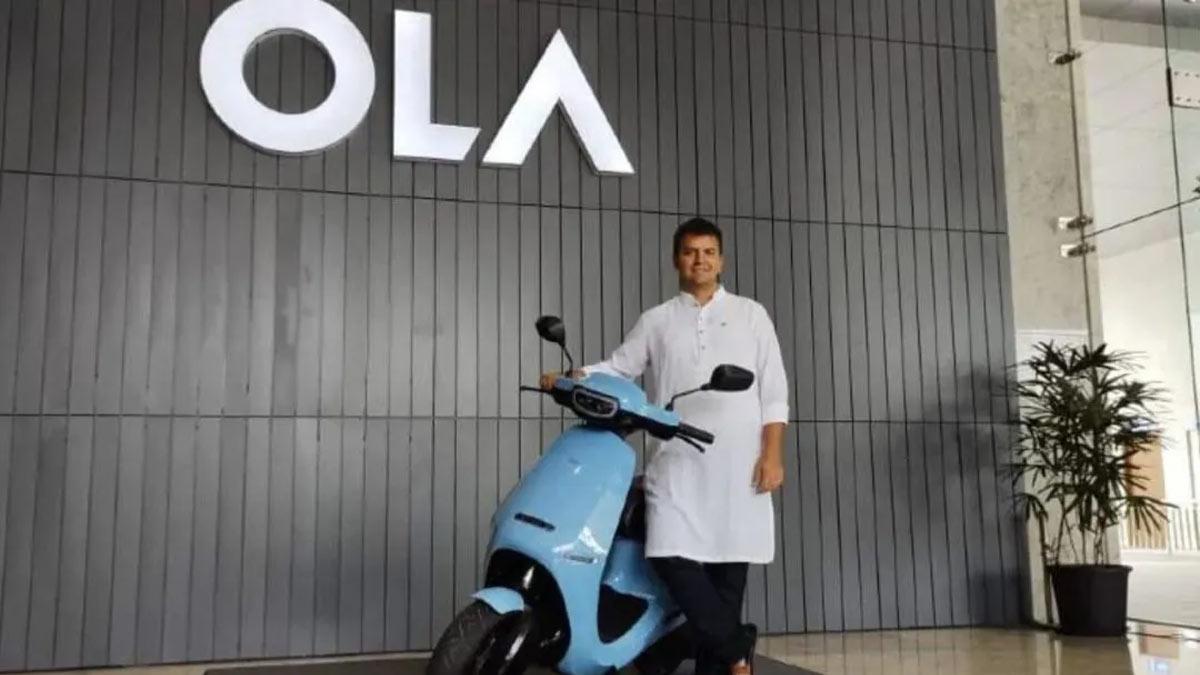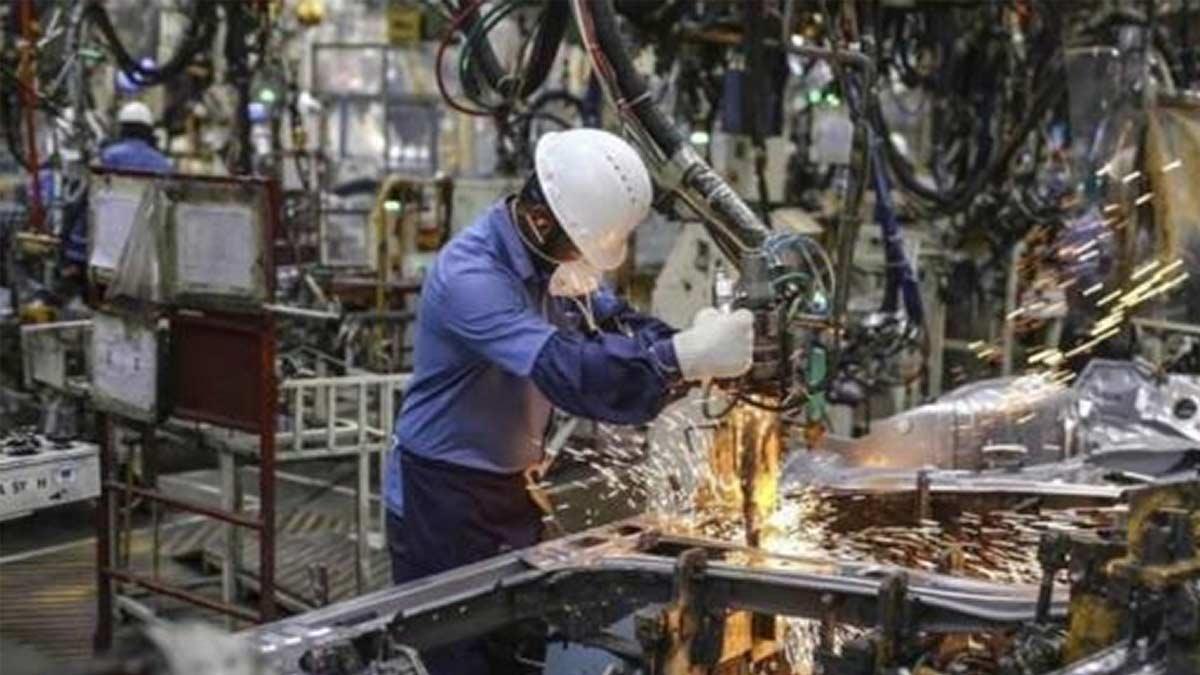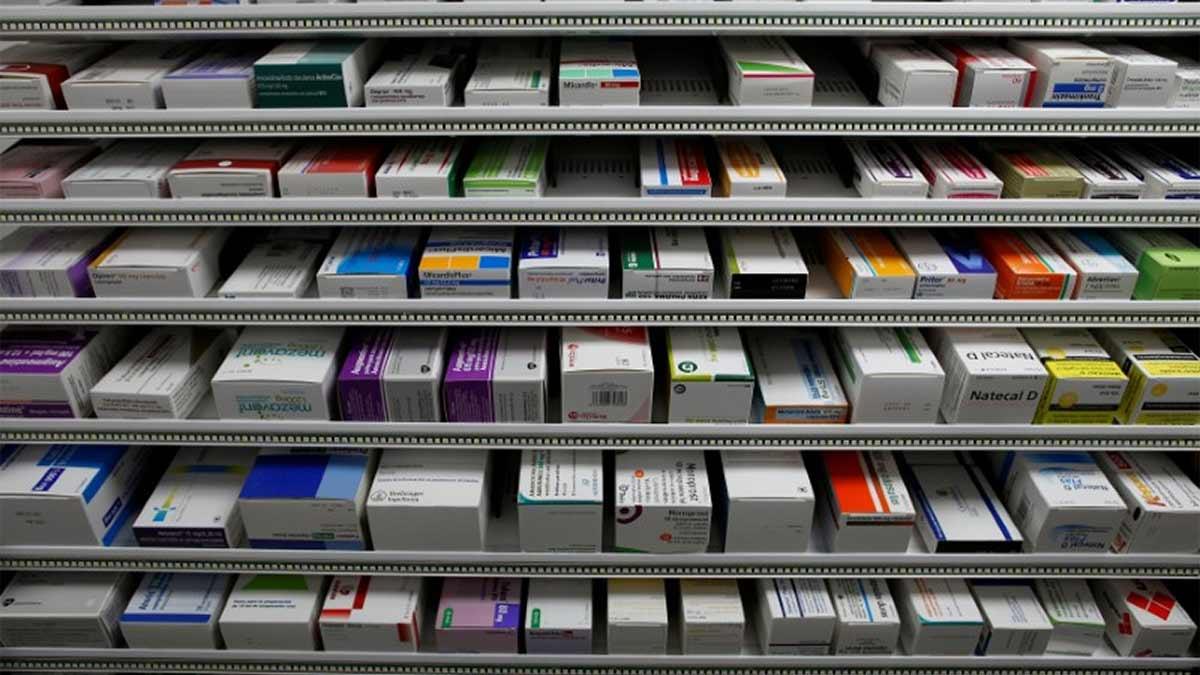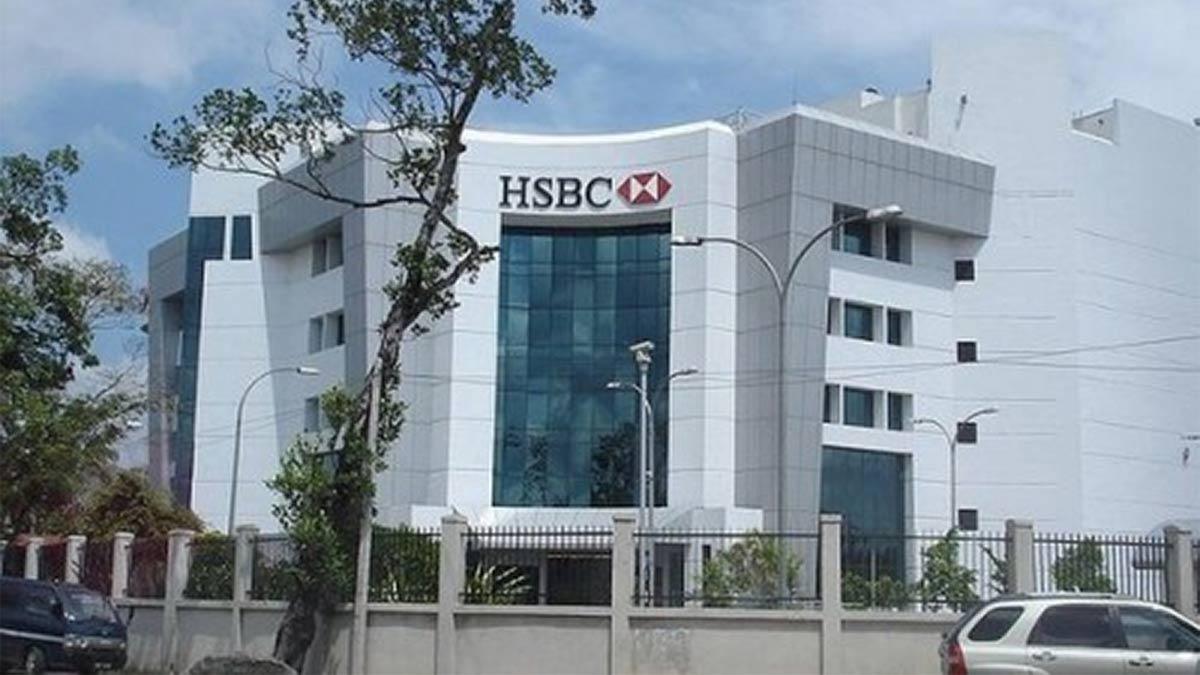Union Commerce and Industry Minister Piyush Goyal, in a statement on Thursday, elaborated on how China's ascension to being India's major trade partner after 2004 resulted in an unprecedented increase in the trade deficit. He said that under the decade-long UPA government under Congress, India's trade deficit with China swelled from USD 2 billion to USD 40 billion in 2014.
Goyal blamed one of the great economic blunders of the 1990s—by India among others—on the choice of admitting China as a market economy and the admission of China to the World Trade Organization (WTO). But he observed that nations like India and the US are presently questioning Beijing's trade policies and predatory pricing on their own.
Addressing the 6th Asia Economic Dialogue—co-hosted by the Ministry of External Affairs (MEA) and the Pune International Centre (PIC)—Goyal pointed out that during the time the Congress government was in office, it had "secret" deals with China. He asserted these agreements resulted in a steep cut in import tariffs on a Most Favoured Nation (MFN) basis equally to all nations, including China, even though it is a non-market economy.
"China has two sides. First, it is a non-market economy. One of the largest errors made in the world, including India, in the 1990s—when China joined the WTO—was to treat it as a market economy and give it entry into the WTO," Goyal said.
He added that India, along with the US under the leadership of former President Donald Trump, is now resisting China's trade policies and discriminatory pricing practices.
Moving into the post-2004 era, Goyal asked how China became India's largest trading partner overnight.
"In 2004, India's trade deficit with China was around USD 2 billion. But the then-ruling party had entered into unreported talks and understandings, the terms of which are still not known today. Thereafter, India started reducing import tariffs significantly on an MFN basis, granting equal trade advantages to China even though it is a non-market economy," he clarified.
A non-market economy is an economy in which government intervention rather than free market forces determines principal economic activities and factors of production.
The minister added that over the period between 2004 and 2014, trade deficit with China increased at a whopping compounded annual growth rate of 45%, expanding from USD 2 billion to USD 40 billion-just before the BJP government assumed power.
Building on this problem, Goyal showed interest in knowing the nature of agreements entered into between the Congress party and the Communist Party of China (CPC).
"There is still a mystery about these deals. One day, I hope Congress chief Rahul Gandhi will come out with the terms of this deal, in which our trade deficit rose by 45% over a decade. The day Congress decides to share the details of this covert agreement, the country will come to realize what sort of nationalism they followed," he claimed.
Using reference to Indian Overseas Congress party leader Sam Pitroda's recent statement, Goyal indicted some members of the Congress with having an all-time respect and admiration for China.
"Even today, either it's Sam Pitroda or any other Congress spokespersons, they go on speaking of China fondly. The question is, first of all, do they remain loyal to India or elsewhere," he stated.
Pitroda had allegedly said that he did not view China as a major threat to India, indicating that the problem was usually overstated. The Congress party later disowned his statement.
Ever since the BJP government came to power in 2014, the rate of growth of India's trade deficit with China has decelerated to 2x or 2.5x, Goyal added.
A trade deficit arises when the imports of a country exceed its exports in terms of value.
"We imposed higher MFN import duties essentially to offset China's dumping of low-quality, predatory-priced commodities, which had hurt the Indian economy," he said.
But Goyal admitted that in the previous period, Indian consumers had grown used to buying commodities just on price and not quality.
"I always draw a parallel with an addiction—opium-like, for example. Once you have consumers habituated to inferior quality at low prices, weaning them is a slow and arduous process," he clarified.
The BJP government, he further stated, has been busy trying to cut India's dependence on low-quality, cheap imports.
"If you look at our policies, we have laid great stress on putting in place more stringent quality controls," he said.
India had just 106 quality control orders in 2014, which increased to 700 by 2024, Goyal said.
"For India to turn into a developed nation, the main driver will be quality, quality, and yet more quality," he added.
Read also| Indian E-Commerce Market Set to Reach $550 Billion by 2035: Report

